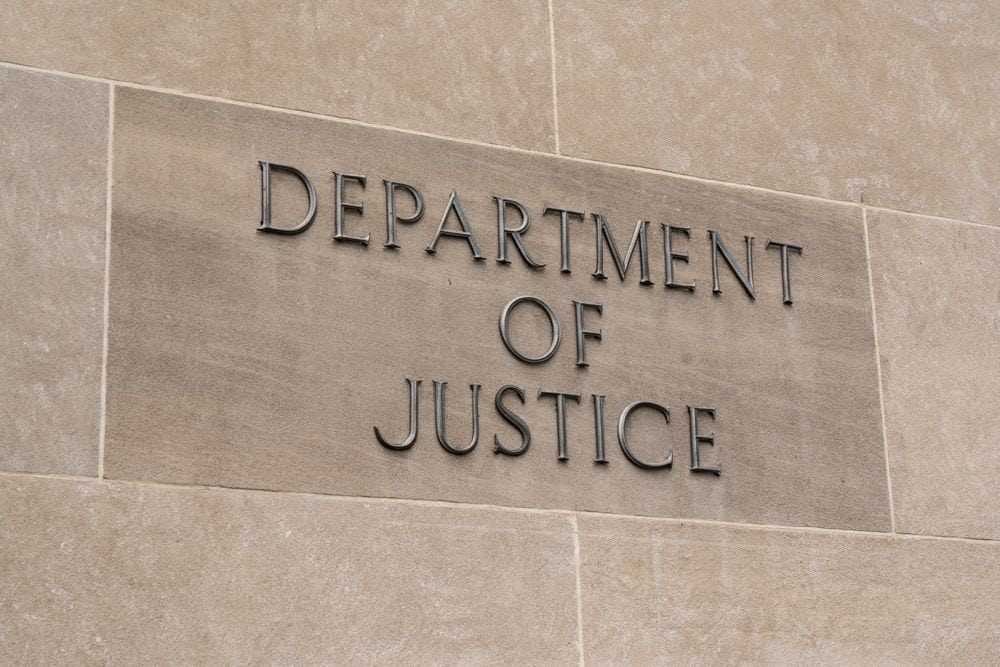Reuters — A U.S. grand jury has charged a Spanish investor with lying to regulators probing insider trading ahead of an August 2010 hostile bid for PotashCorp, even though he had been cleared of charges over his own trading.
An indictment announced on Friday by federal prosecutors in Chicago charged Luis Martin-Caro Sanchez, 42, of Madrid, with one count of obstruction of justice and two counts of perjury.
The U.S. Department of Justice said Sanchez lied in a July 2011 Securities and Exchange Commission deposition when he denied knowing other people who bought PotashCorp securities before the Saskatoon fertilizer firm revealed Anglo-Australian mining company BHP Billiton’s unsolicited US$38.6 billion takeover bid.
Read Also

U.S. livestock: Feeder cattle hit contract highs on tight supply
Chicago | Reuters – All Chicago Mercantile Exchange feeder cattle futures and most live cattle futures hit contract highs on…
Prosecutors said Sanchez in fact made several calls to two of those people in the days before the offer became public.
They also said he concealed information about a Swiss bank account he maintained, and to which a friend had wired 100,000 euros (C$143,694) of proceeds from selling Potash stock options.
Prosecutors said the SEC did not discover the account and the transfer until January 2014, long after a federal judge in December 2011 dismissed that regulator’s own civil insider trading case against Sanchez.
The Justice Department said it will seek Sanchez’s extradition. He faces up to 20 years in prison on the obstruction charge.
It is unclear whether Sanchez has a lawyer. A lawyer who defended him in the SEC case on Friday said he does not represent Sanchez in the criminal case.
The SEC had accused Sanchez of insider trading after he allegedly made US$496,953, equal to a 1,046 per cent return, in just five days by investing in PotashCorp call options, but the judge found insufficient evidence.
Potash’s share price rose more than 25 per cent on Aug. 17, 2010 when it revealed and rejected BHP Billiton’s takeover bid.
Canada ultimately blocked the takeover on the ground that it did not provide a “net benefit” to the country.
— Jonathan Stempel is a Reuters correspondent covering U.S. legal and regulatory affairs from New York.
















